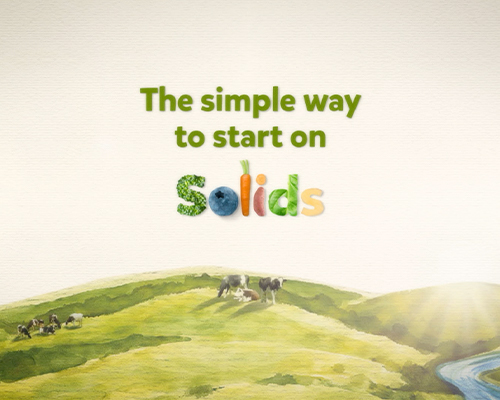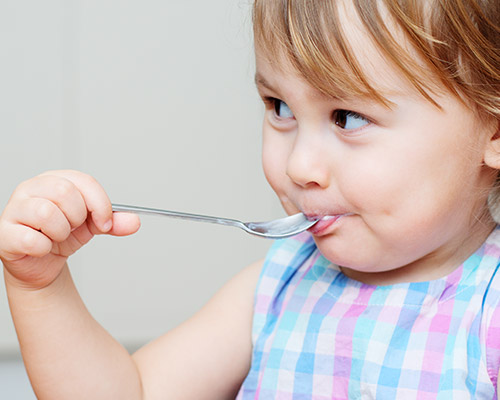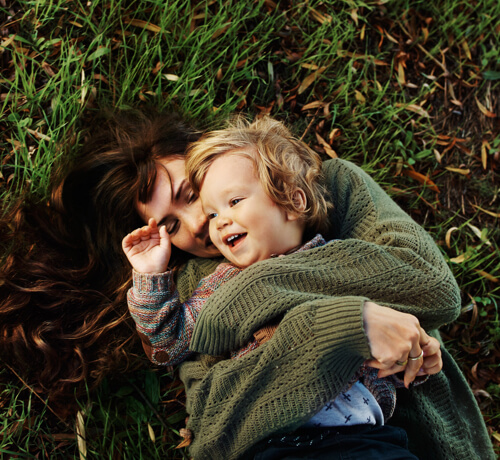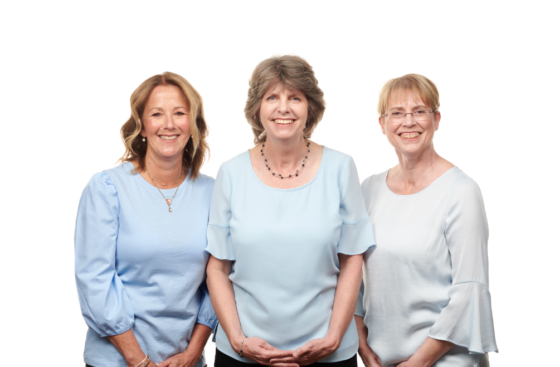
3 minute read
A guide to starting solids
Key points:
- Your baby is likely ready for solids at around six months old
- Babies need to be able to hold their heads upright before starting solids
- Exposure to different foods early in life can help prevent food intolerances later down the track
At around six months of age (but not before four months), you should start to notice your baby is becoming interested in food. They might watch you eat, or start reaching for food, or even open and close their mouths while you’re eating.
All these signs might indicate that your baby is ready to begin feeding on solids. Before then, they will be getting all the hydration and nutrients they need through breastmilk or formula – which will remain their major source of nutrition for their first year of life.
The best time to start solids
There are a few criteria your baby needs to meet before you start feeding them solids. First, they should have good head control and be okay sitting up in a high chair or baby seat (if you don’t have one, now is the time to invest). They also need to be able to close their mouths around a spoon and keep food in their mouths.
Follow their lead
Trying to introduce solids before your baby is ready can be a source of frustration for both of you, so follow their cues. And remember, some will take to solid food quicker than others. In the early days, eating is more about exploring new tastes and textures than a source of extra calories. If your baby isn’t enjoying solids, wait a few days before trying again.
What to feed your little one
There is research that shows early exposure to potential allergens may help reduce the risk of your baby developing intolerances in later life, so exposing them to a range of different foods is a good idea. With a little help from you, they can develop healthy habits that will last a lifetime.
Related content




Meet our Careline Experts
Made up of midwives, dietitians and mums, our Careline can help with all your parenting questions. Your support crew just got bigger!
